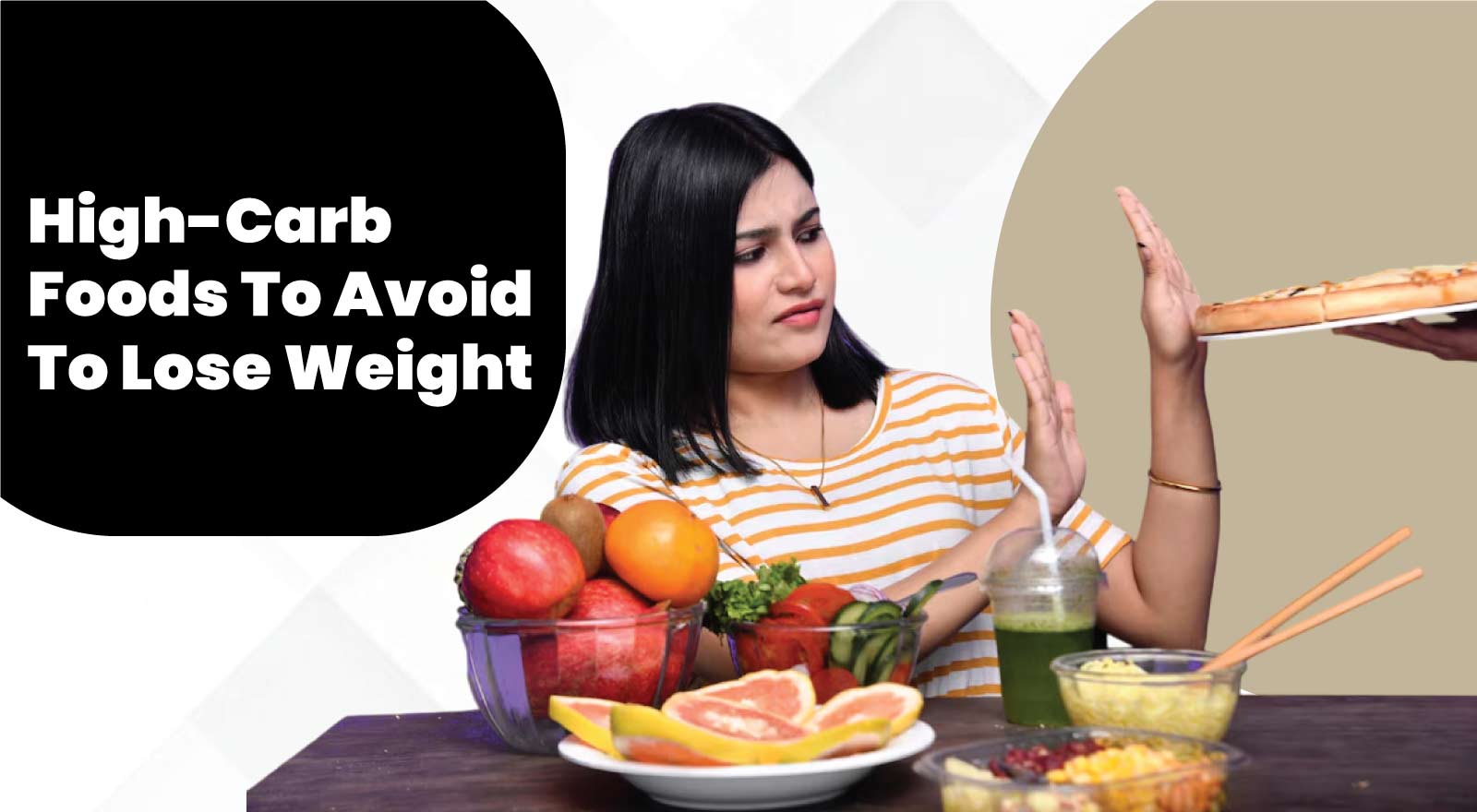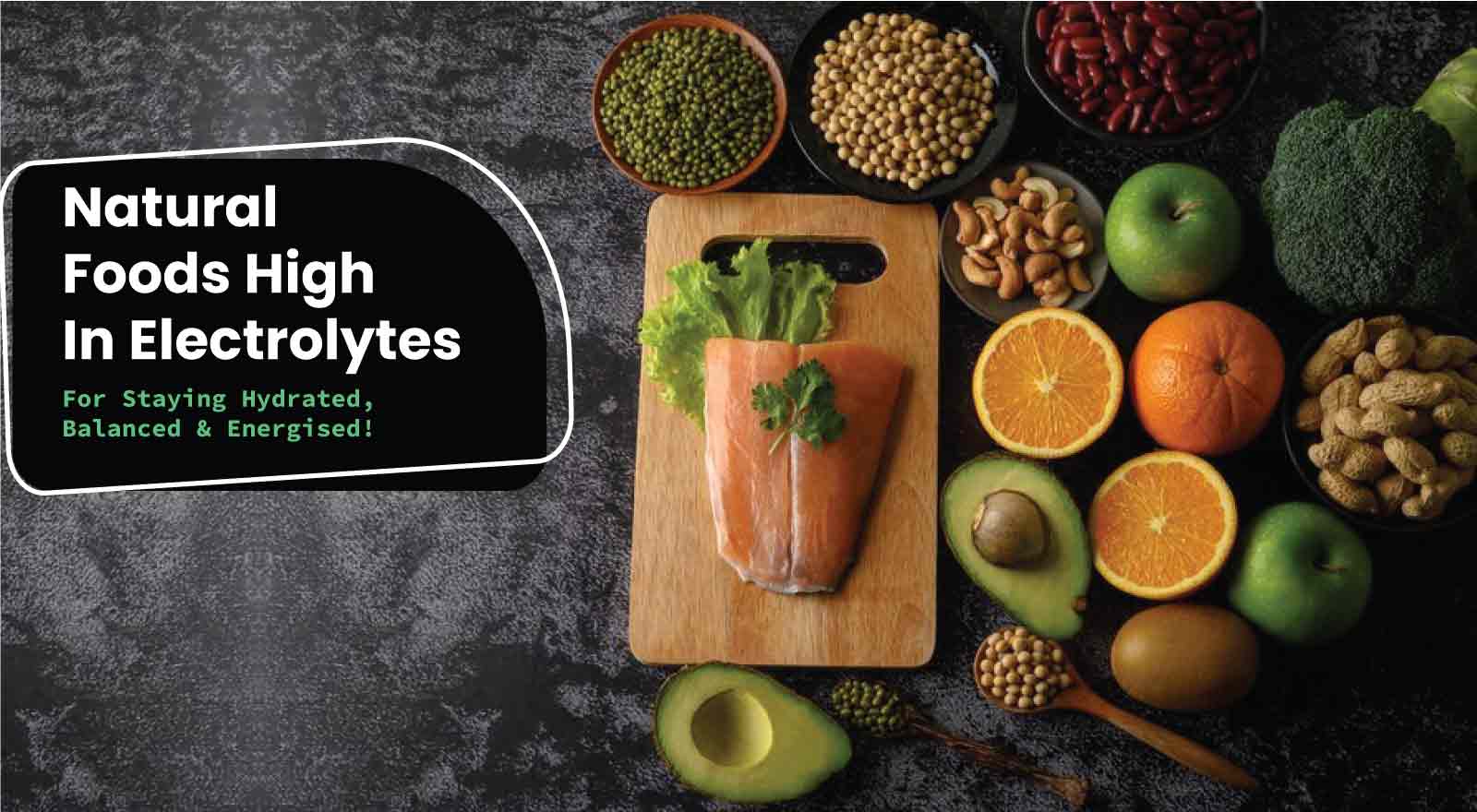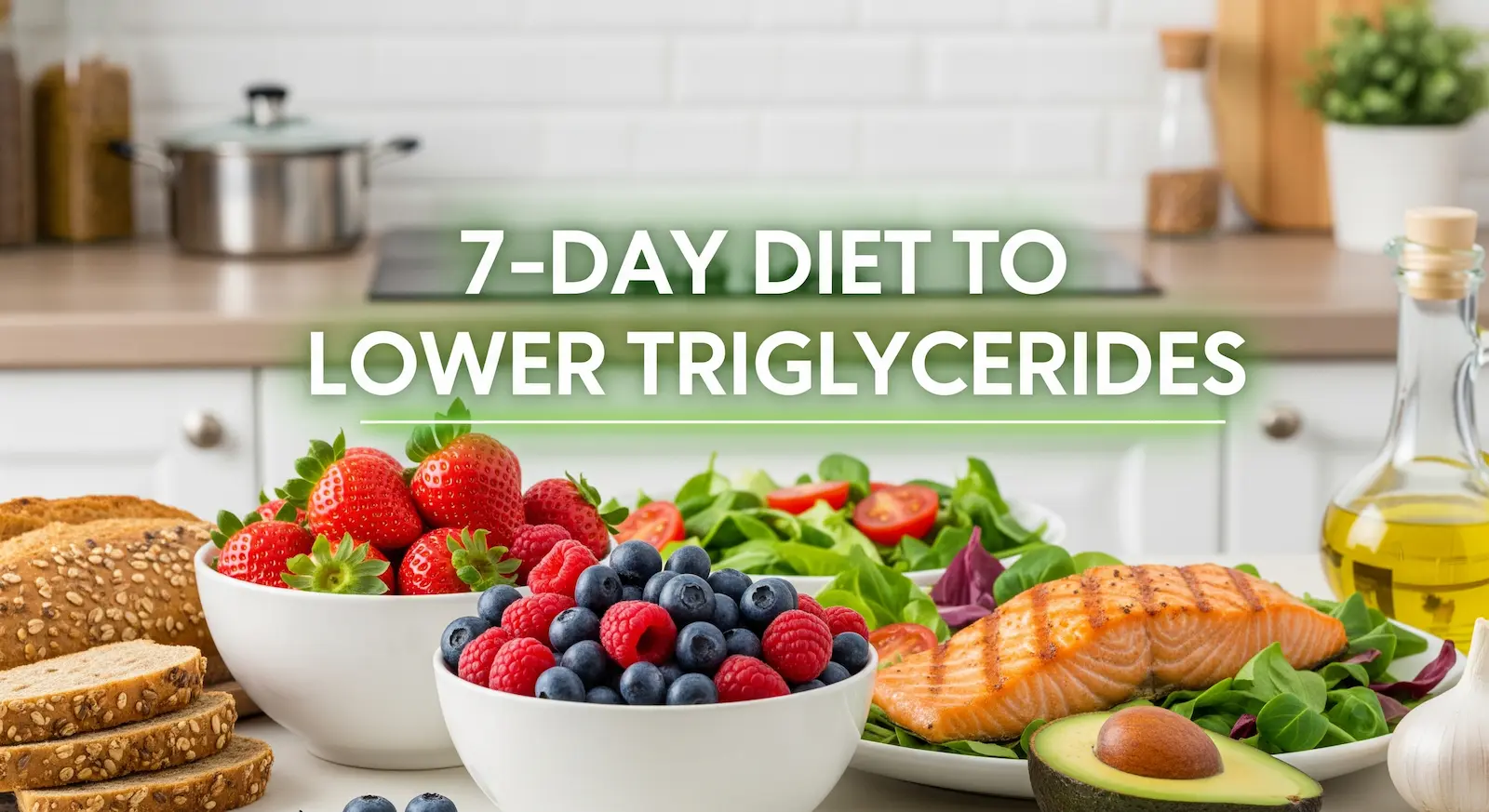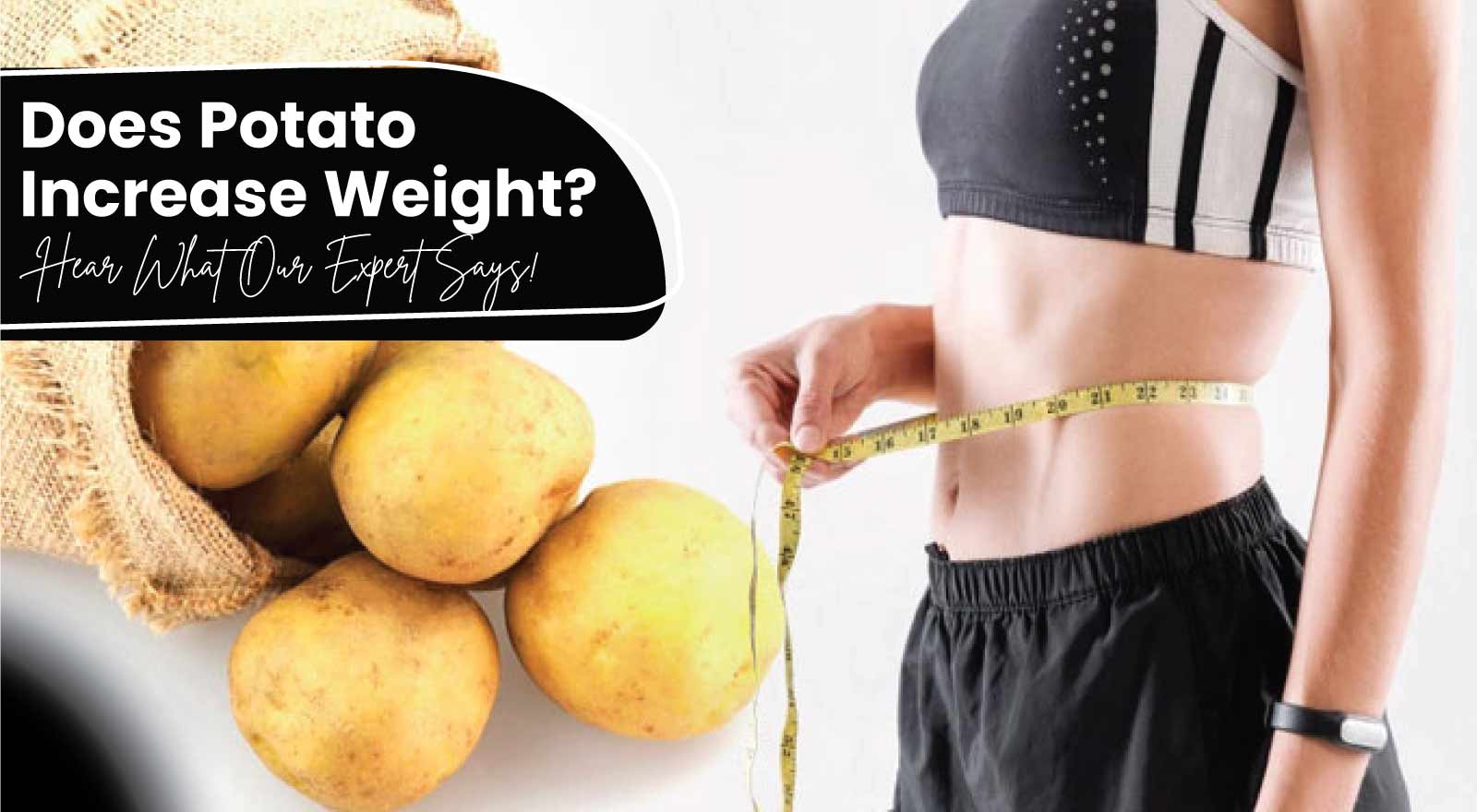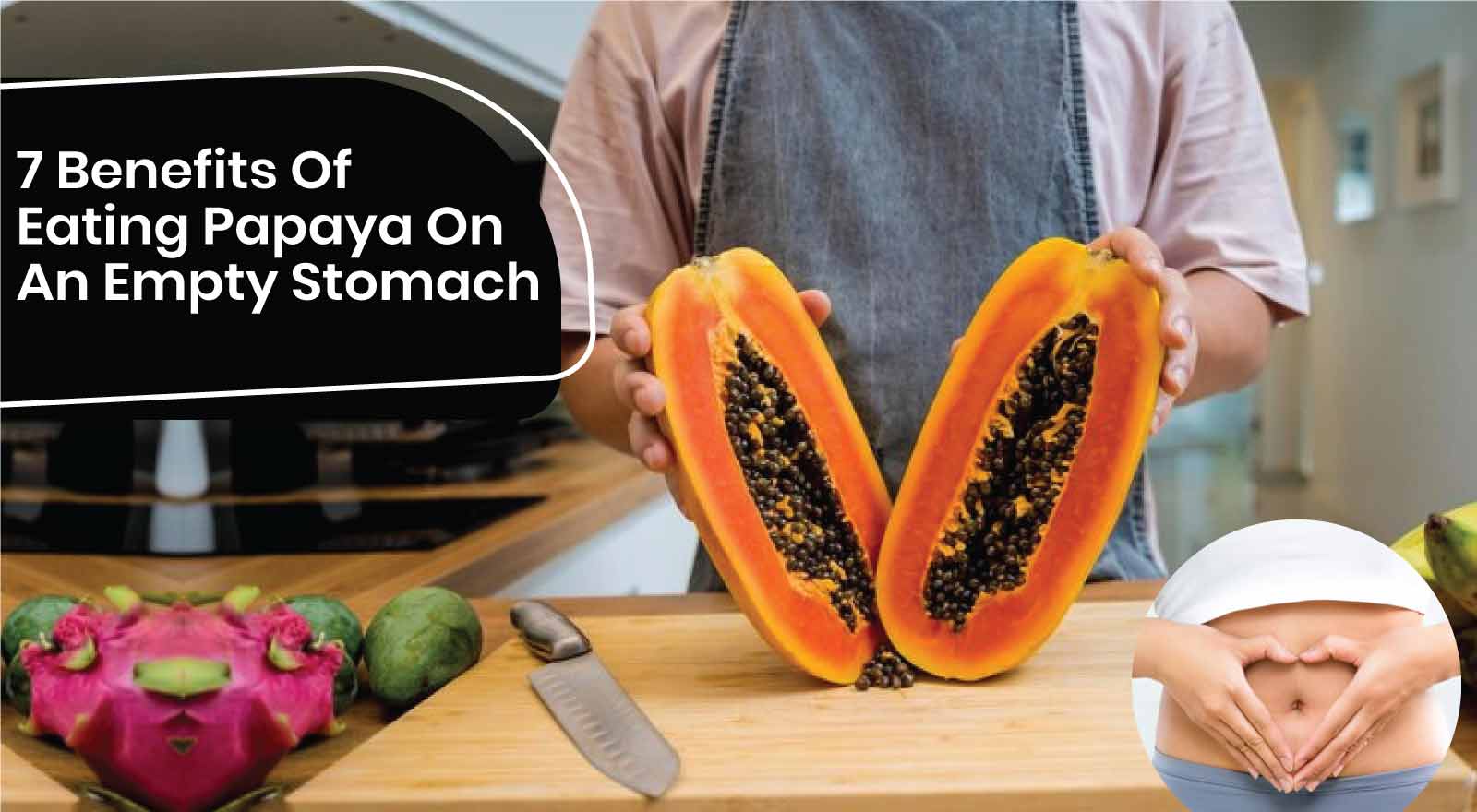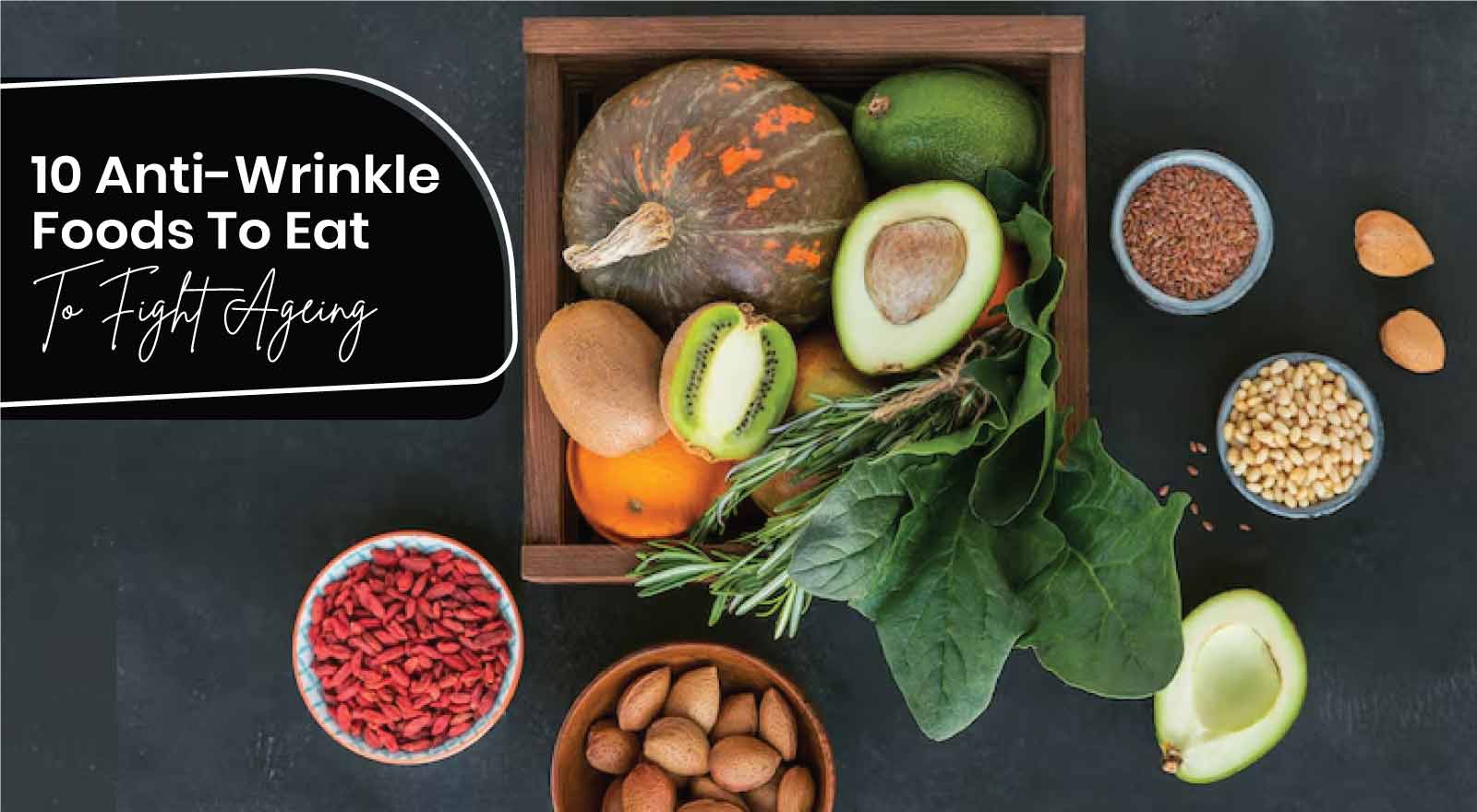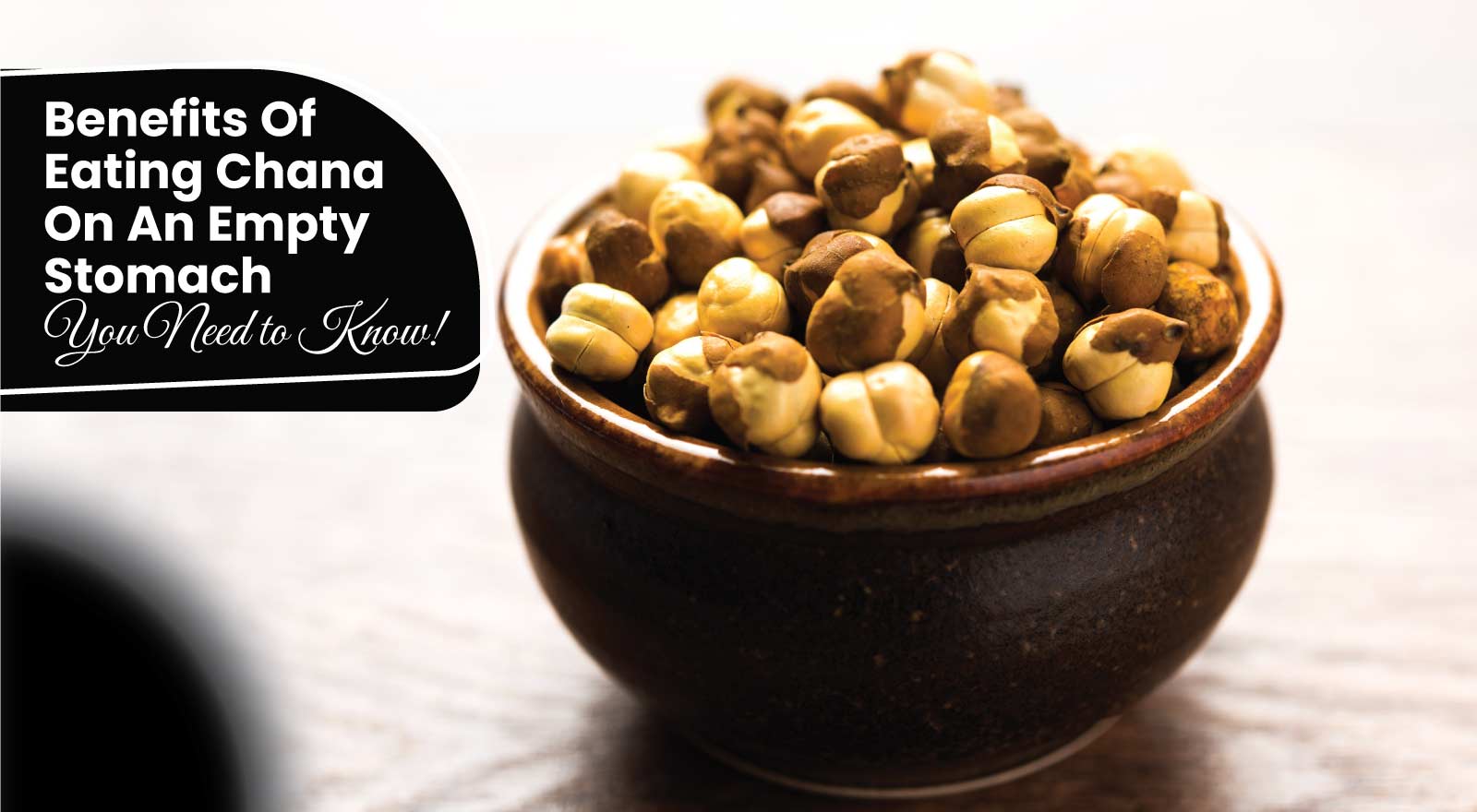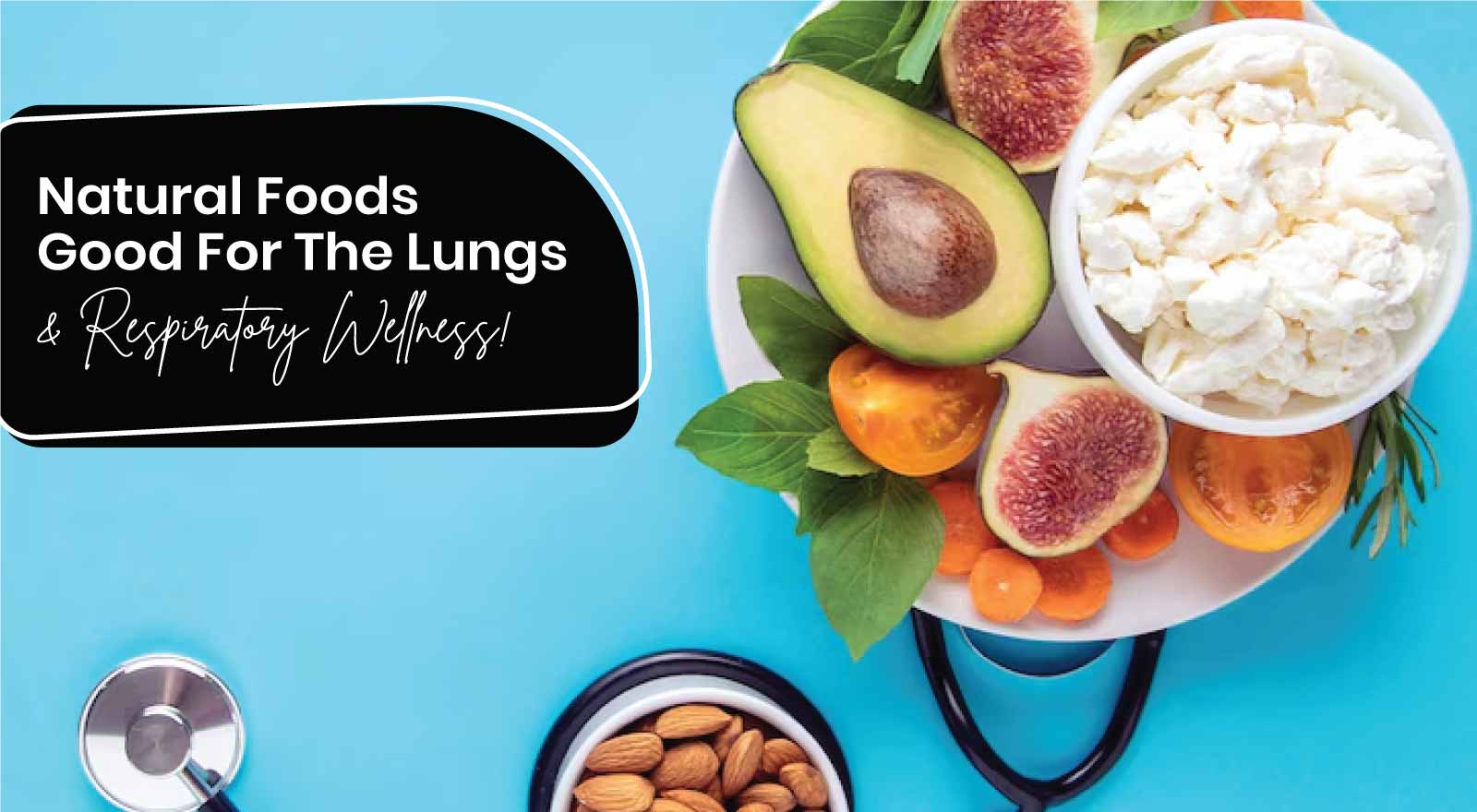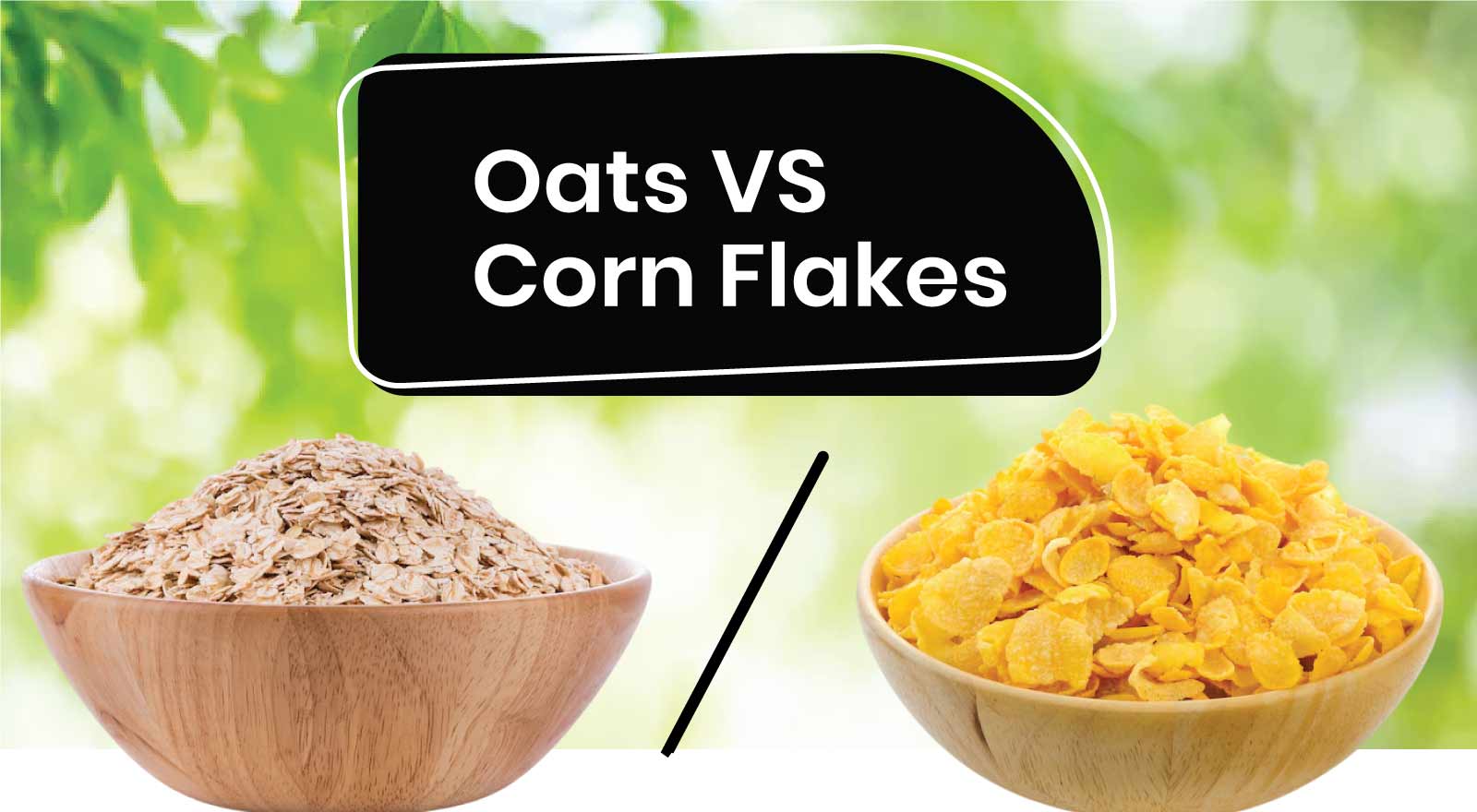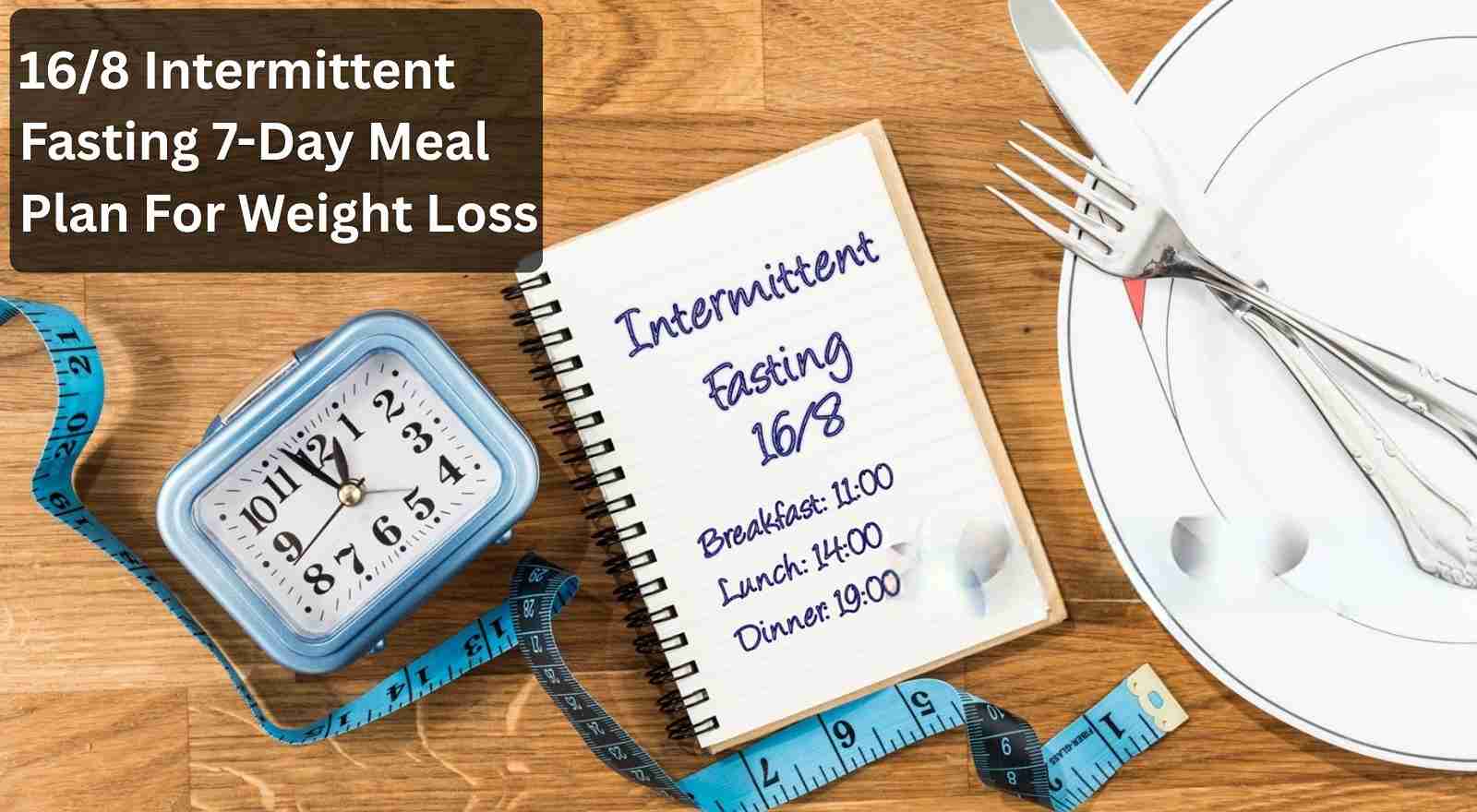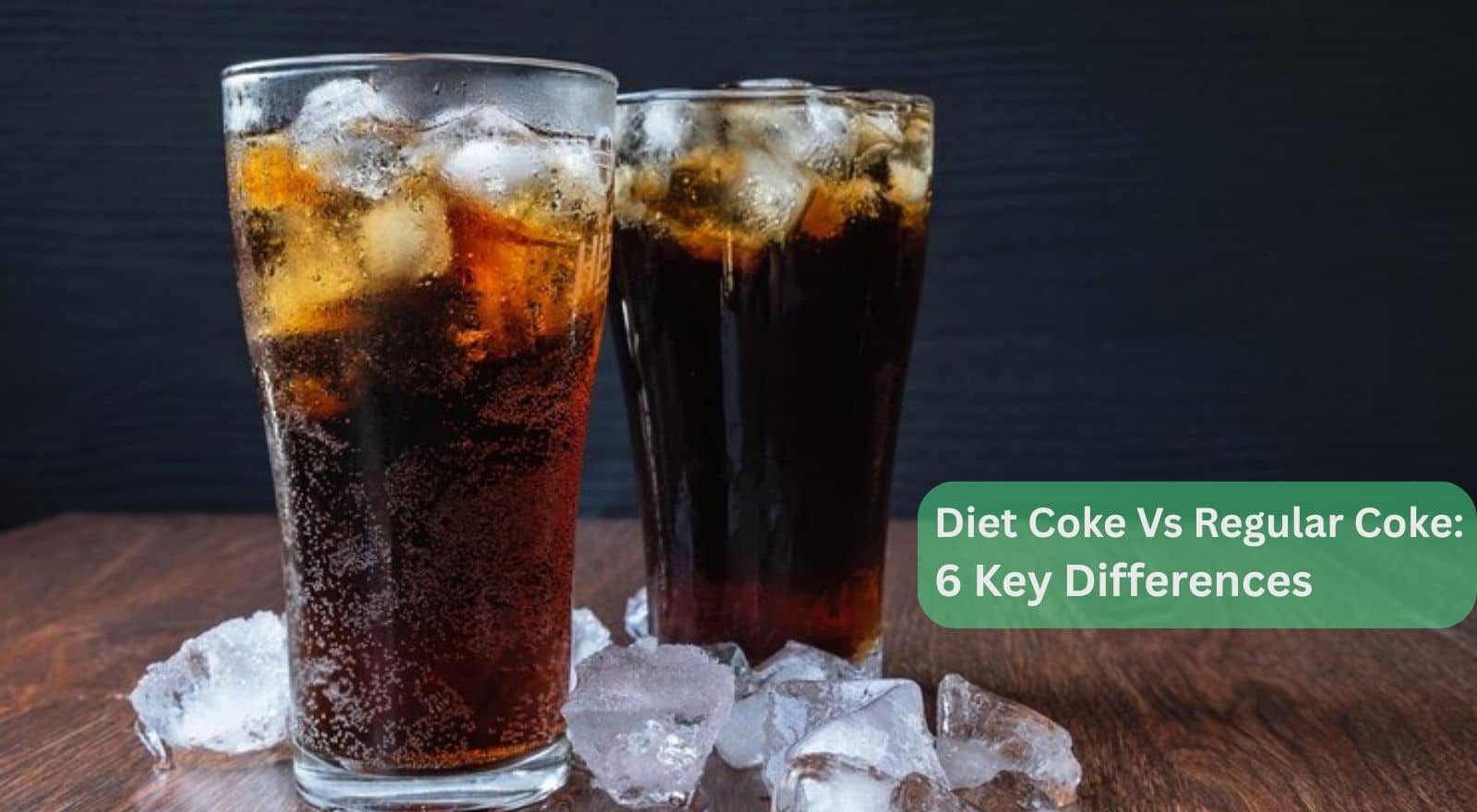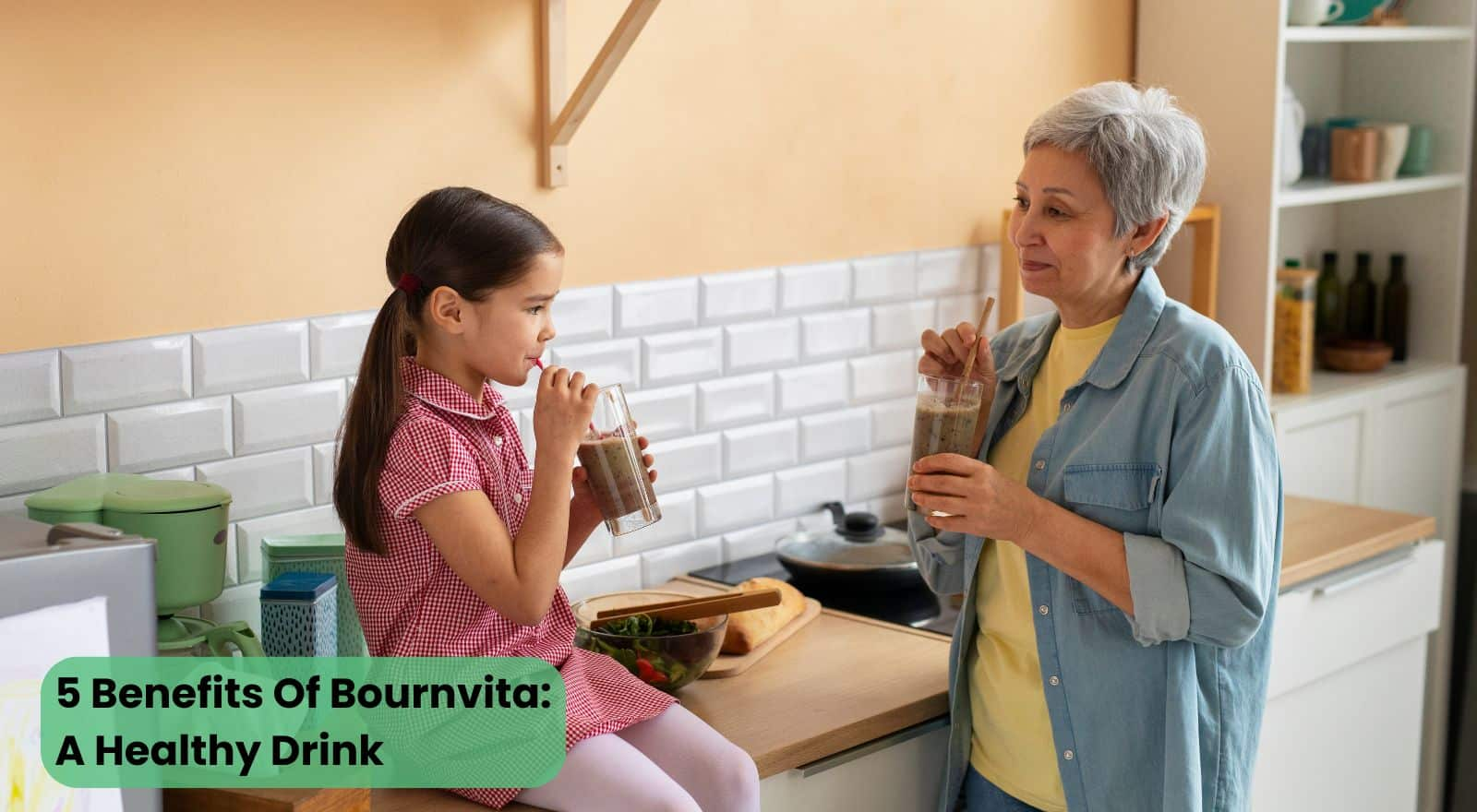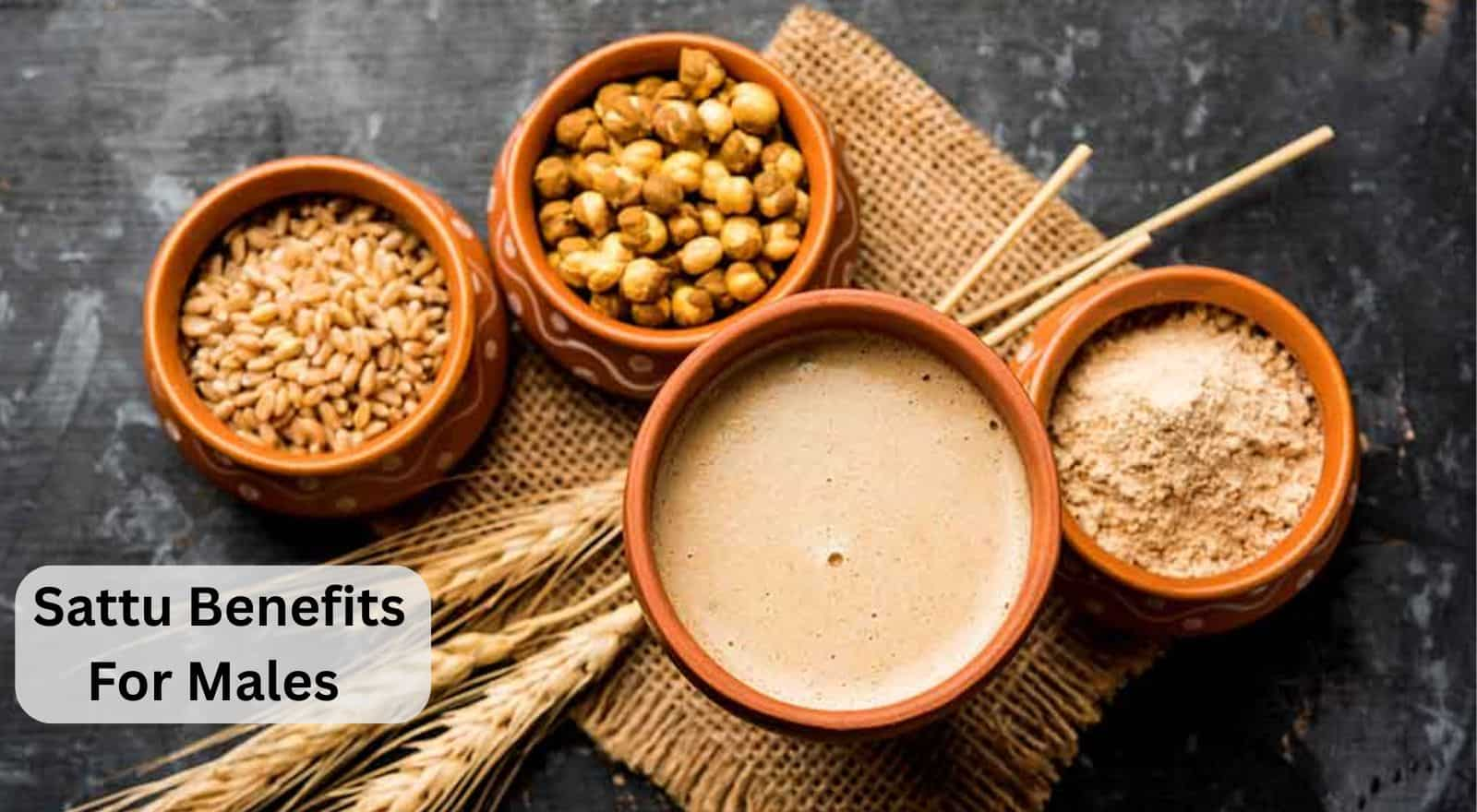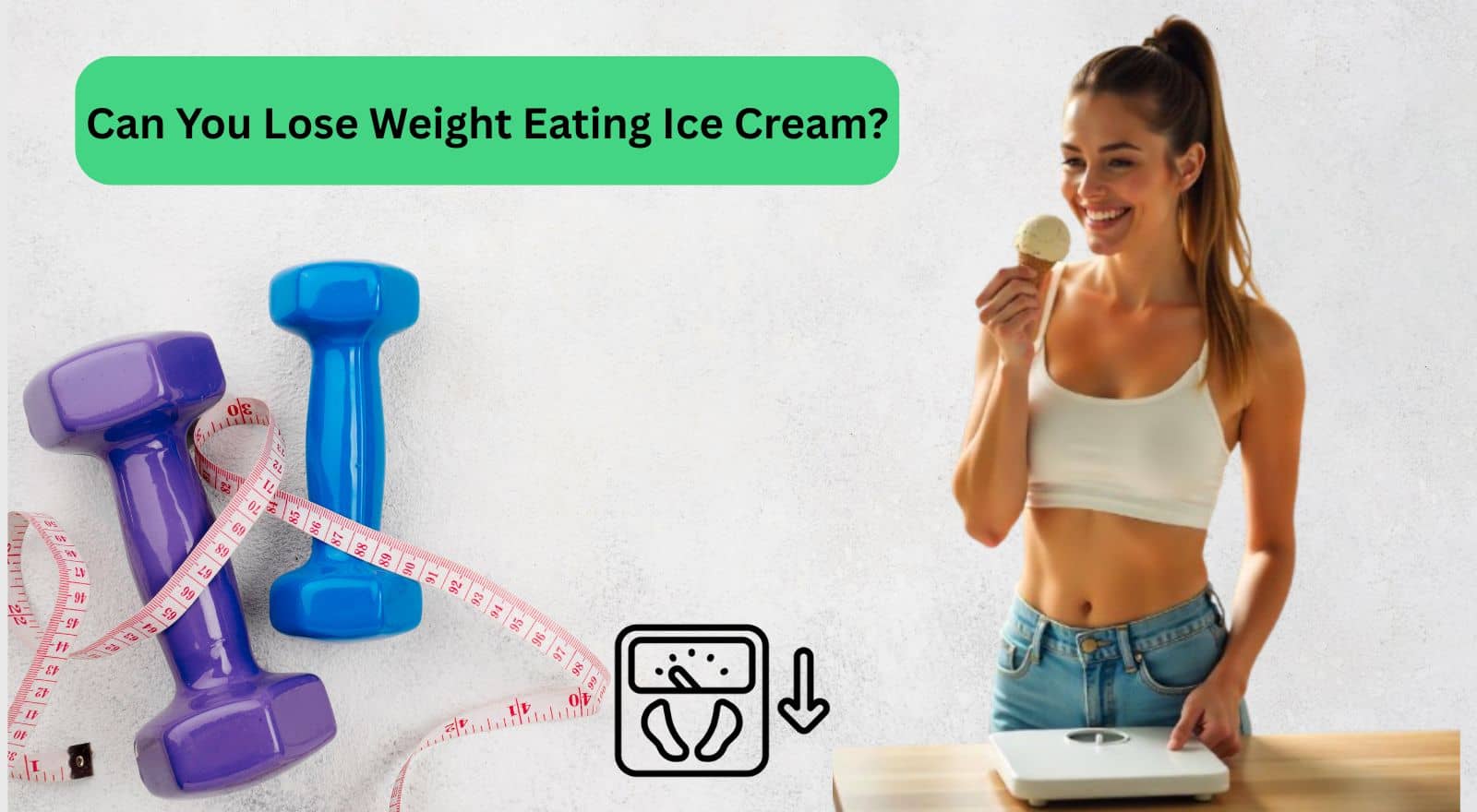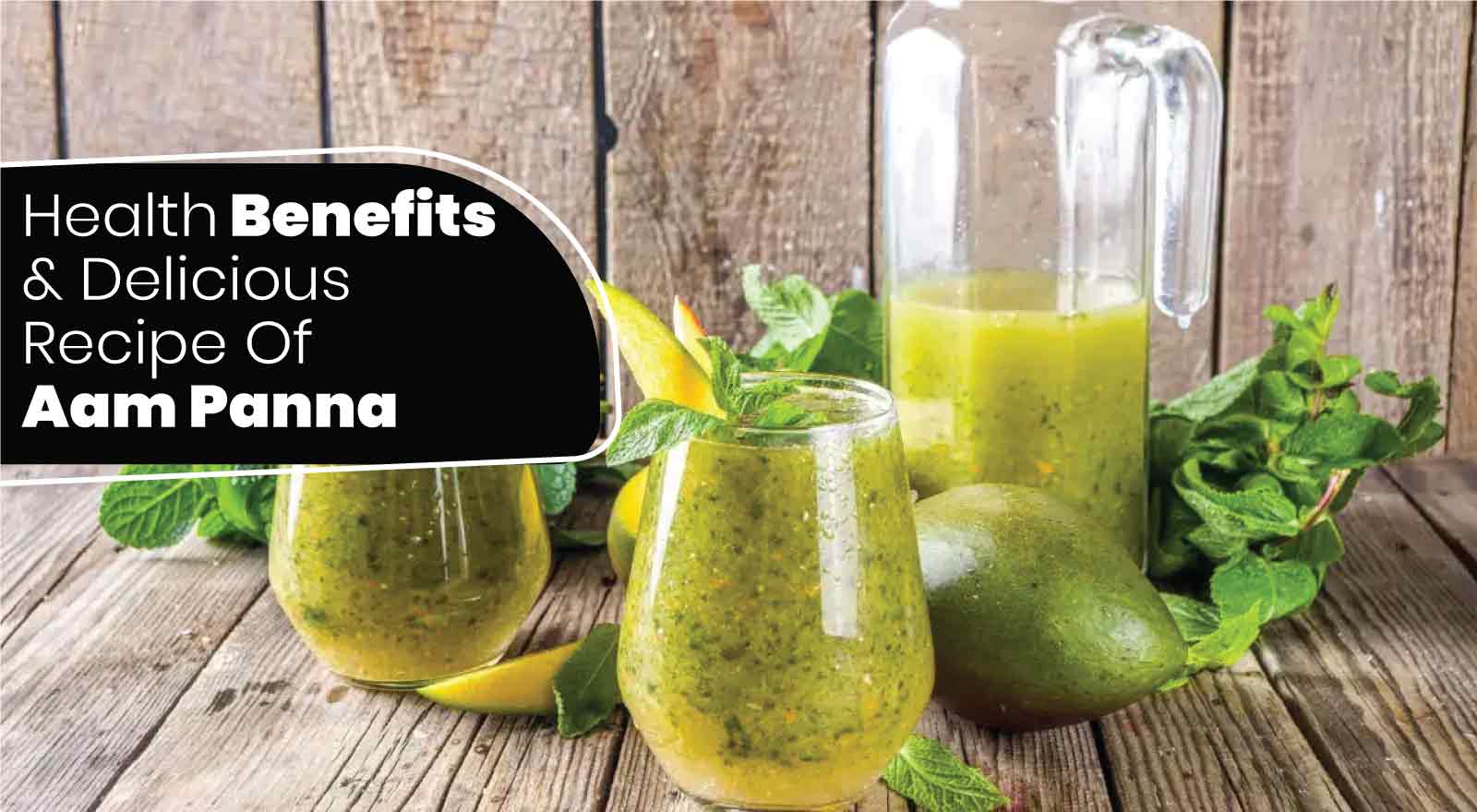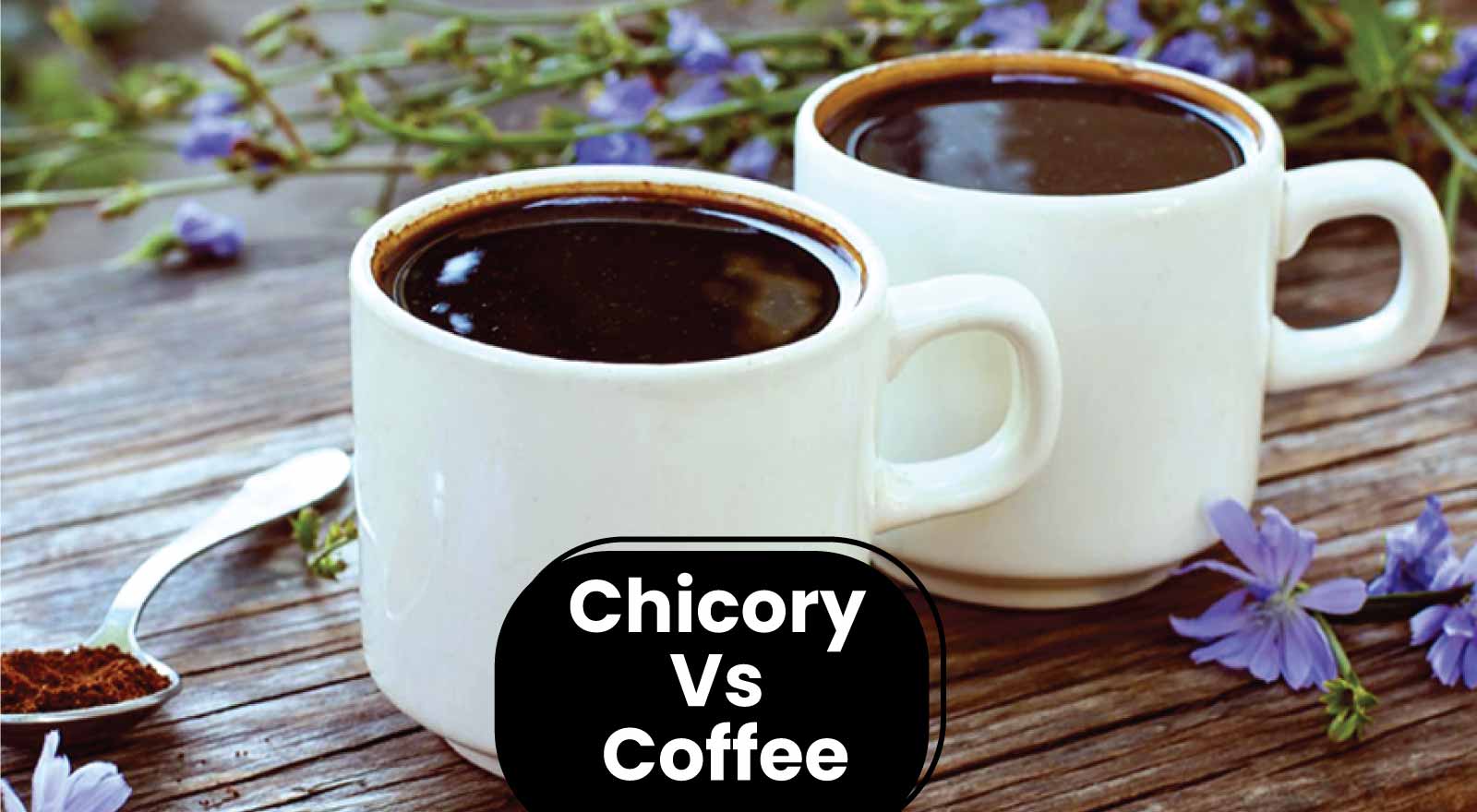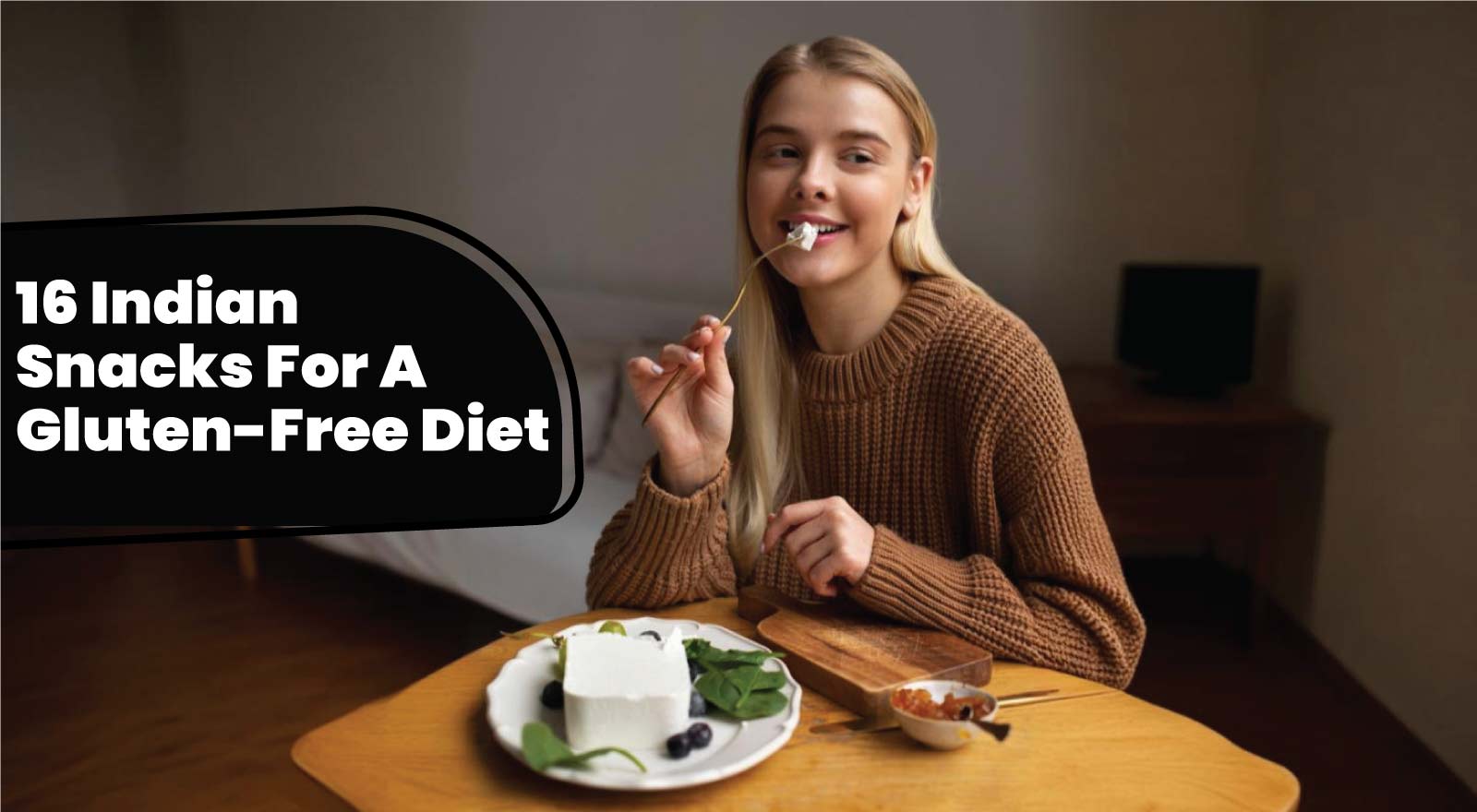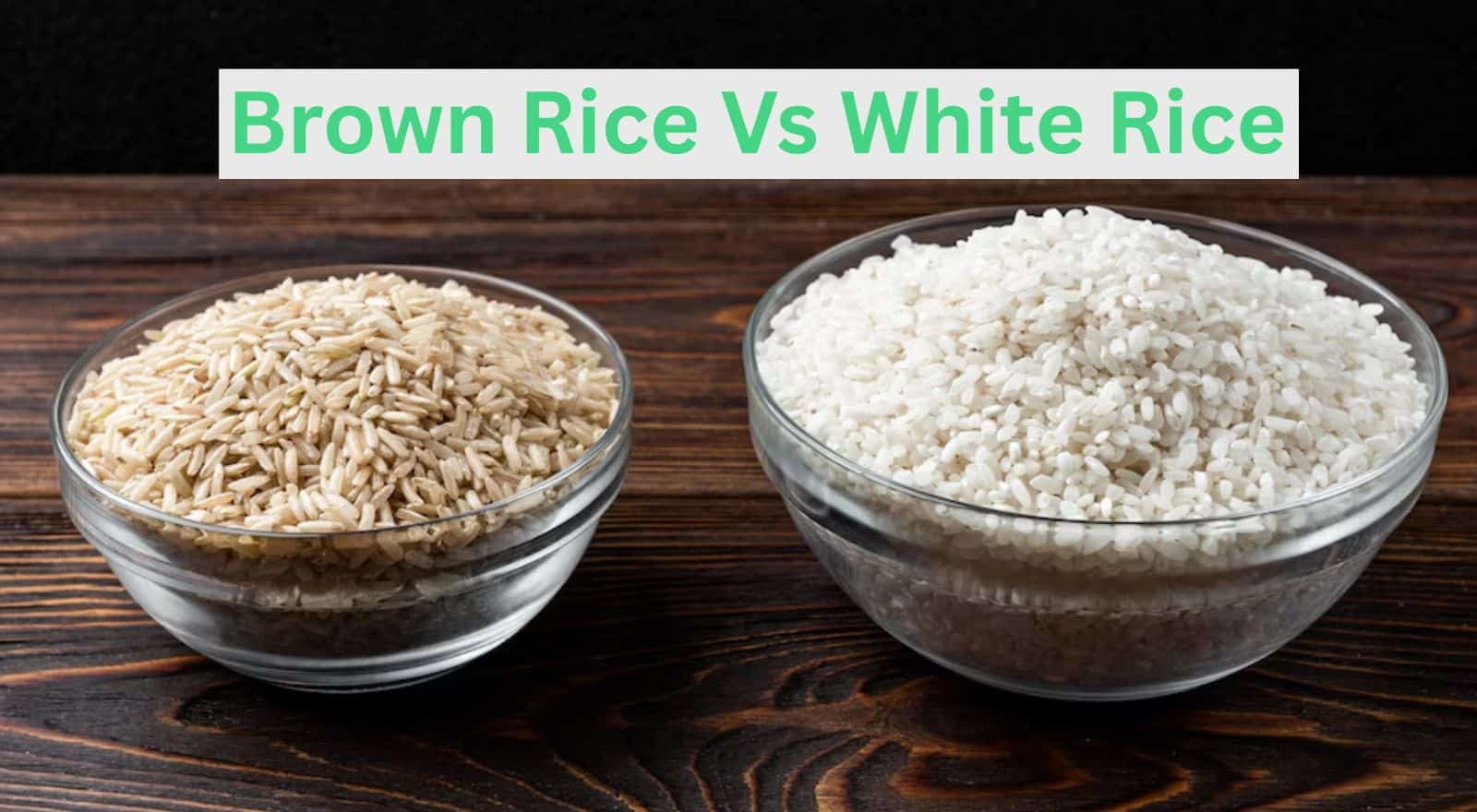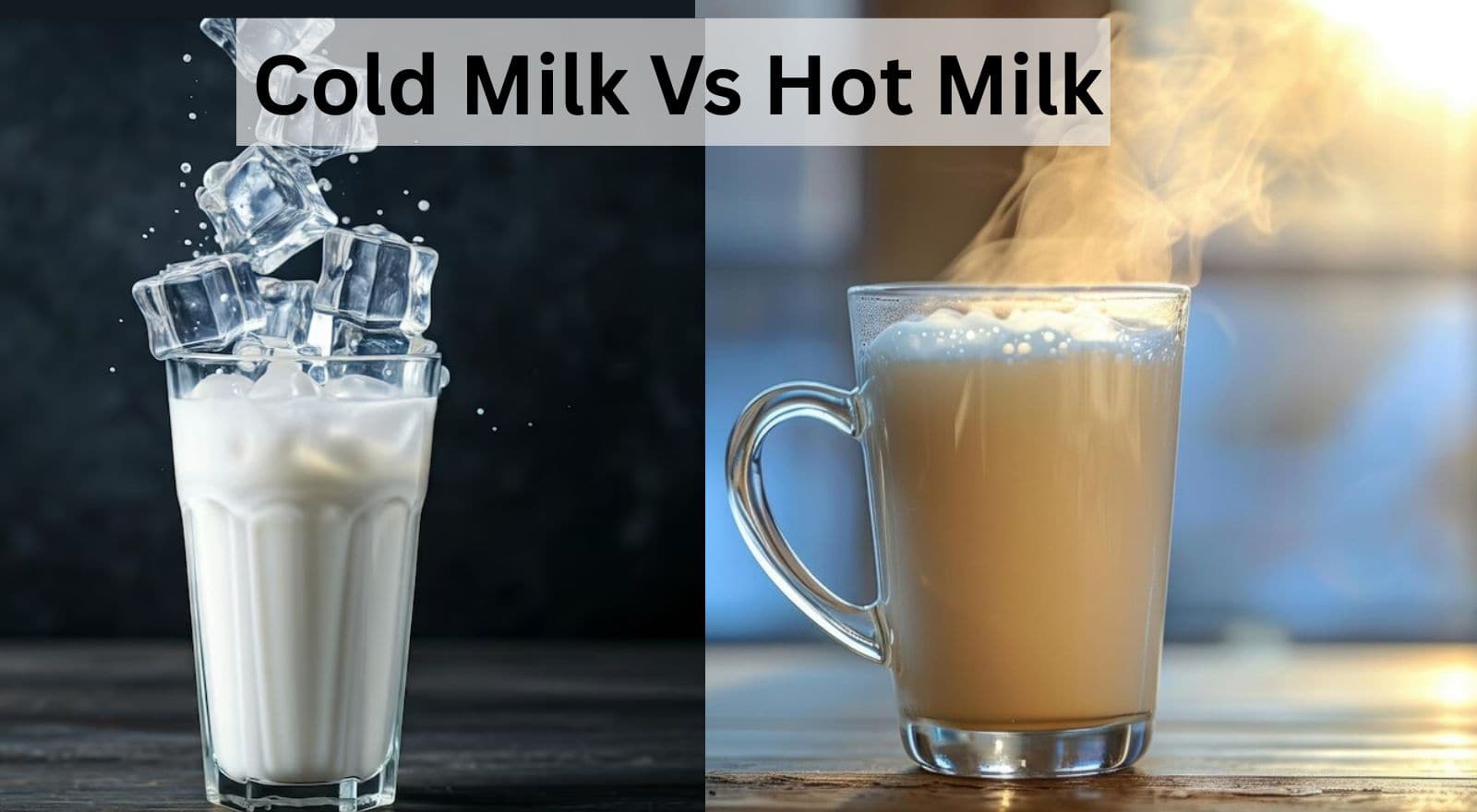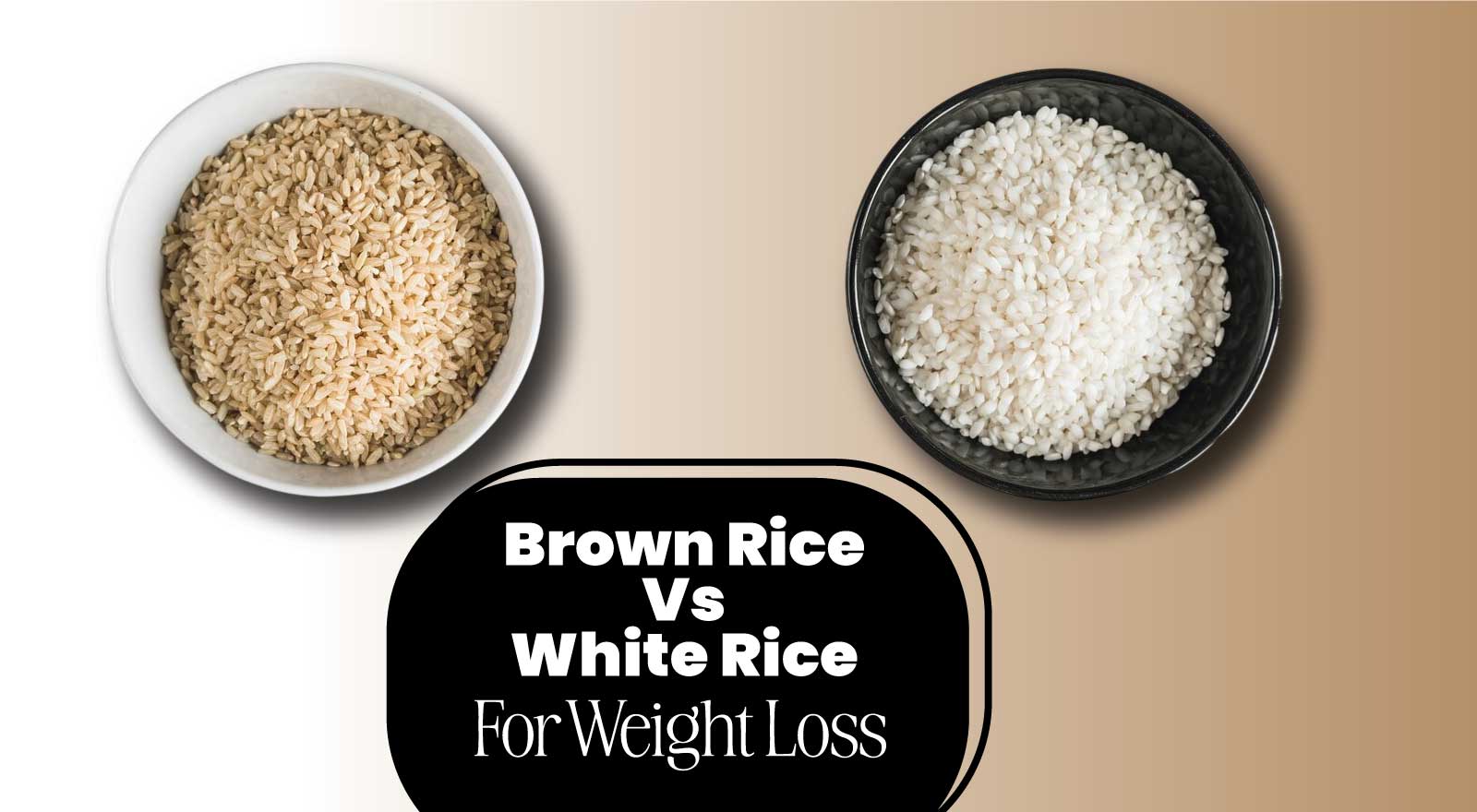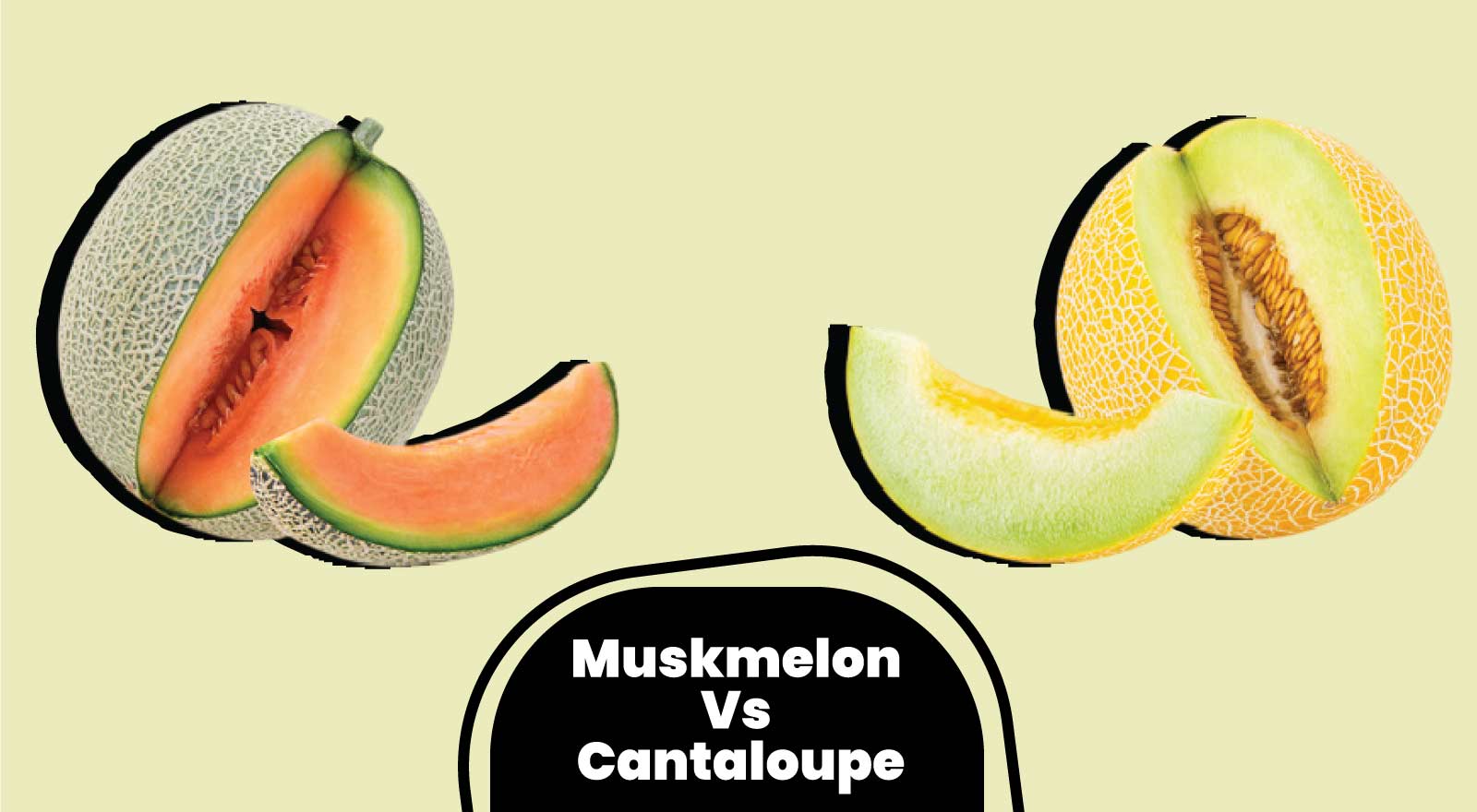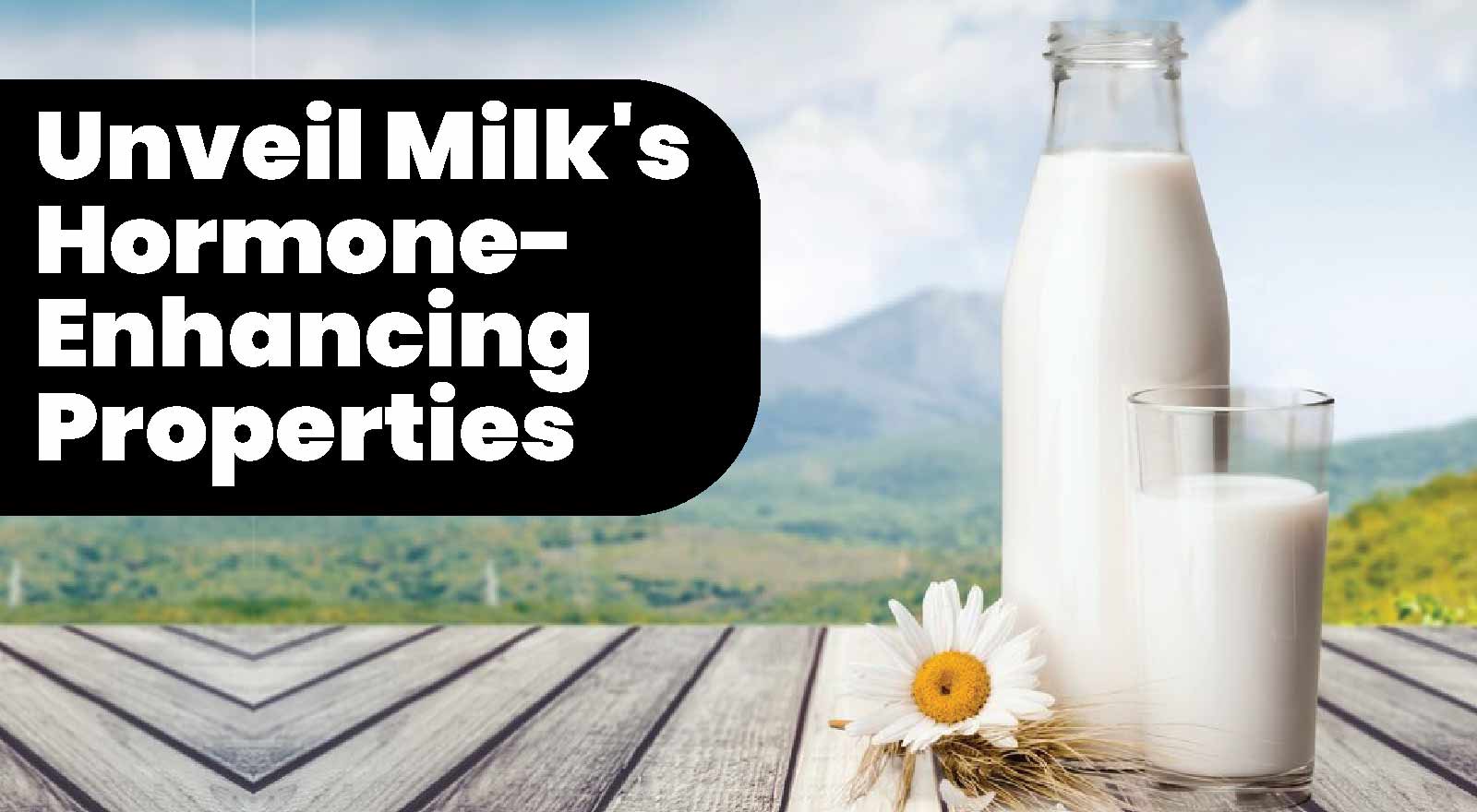Are you trying hard to lose weight but feel like the numbers on the scale just won’t reduce? Do you often feel bloated, tired, or stuck in a cycle of unhealthy cravings even though you’re eating less? One of the primary reasons this occurs is the type of carbs you consume—not all carbs are bad, but some high-carb foods can subtly hinder your fat loss process. From sugary breakfast cereals and white bread to pasta, fried snacks, sweetened drinks, and even so-called “healthy” energy bars, many of these high-carb foods to avoid to lose weight healthily are packed with refined carbs that spike your blood sugar and store extra fat. These foods add empty calories and also disrupt your hunger signals, leading you to eat more than you need.
The key to losing weight healthily and sustainably is not just cutting calories but choosing the right carbs and knowing which ones to avoid. In this blog, we’ll walk you through a list of high-carb foods that are best left out of your daily meals if you want to fuel fat loss the smart and lasting way!
Table Of Contents
1. What Carbs Should I Avoid To Lose Weight?
2. What’s The Worst Carb For Belly Fat?
3. Which Carb Is Best For Weight Loss?
4. The Final Say
5. FAQs
6. References
What Carbs Should I Avoid To Lose Weight?

Here's a list of categories and specific examples of high-carbohydrate foods that are often recommended to limit or avoid when trying to lose weight:
1. Refined Grains
These are often low in fibre and nutrients and can cause rapid blood sugar spikes.
- White Bread: Including sandwich bread, bagels, and rolls.
- Pasta (made with white flour): Spaghetti, fettuccine, macaroni, etc.
- White Rice: Including short-grain and long-grain white rice.
- Breakfast Cereals (Sugary and Refined): Many popular breakfast cereals are high in sugar and refined carbohydrates.
- Pastries and Baked Goods (made with white flour and sugar): Cakes, cookies, muffins, doughnuts, croissants.
- Crackers (made with white flour): Especially those that are not whole grain.
2. Sugary Drinks
These are often called "empty calories" because they provide many calories without much nutritional value, which can contribute to weight gain.
- Soda: Regular soft drinks.
- Fruit Juices (even 100% juice): While they contain vitamins, they are concentrated sources of sugar without the fibre of whole fruit.
- Sweetened Tea and Coffee Drinks: Including those with added sugar, syrups, or sweetened condensed milk.
- Sports Drinks: Often high in sugar unless refreshing fruit drinks are specifically labelled as "sugar-free" or "low-calorie."
- Energy Drinks: Typically contain high amounts of sugar and caffeine.
3. Processed Foods High In Added Sugars
Many processed foods have hidden sugars that contribute to high carbohydrate intake.
- Candy and Chocolate: Especially milk chocolate and sugary sweets.
- Processed Snacks: Sugary granola bars, fruit snacks, etc.
- Sweetened Yoghurt: Many flavoured yoghurts have added sugars.
- Ice Cream and Frozen Desserts: Typically high in sugar and fat.
- Sauces and condiments with added sugar include ketchup, BBQ sauce, and salad dressings.
Try ToneOp Fit's Balanced Diet Weight Loss Plan, which emphasises whole foods like fruits, fresh vegetables and seeds, plus high-protein, low-carb food choices for sustainable weight loss. The plan features a personalised diet, and access to over 40,000 healthy weight loss recipes allows you to enjoy many delicious meals.
4. Starchy Vegetables
While nutritious, these are higher in carbohydrates than non-starchy vegetables. Portion control is key.
- Potatoes (white and red): Especially mashed potatoes, baked potatoes (eaten with the skin can increase fibre), and French fries (also high in fat).
- Sweet Potatoes: While more nutrient-dense than white potatoes, they are still relatively high in carbs.
- Corn: Including sweet corn and popcorn (without added butter and sugar).
- Peas: Green peas.
- Butternut Squash and other Winter Squashes: While nutritious, they are higher in carbs than summer squashes.
5. Legumes
Legumes, including beans (such as black beans, kidney beans, and chickpeas) and lentils, offer a valuable nutritional profile. They are excellent sources of both protein and dietary fibre. However, it's also important to acknowledge that legumes contain many carbohydrates.
While these complex carbohydrates in high-protein vegetarian foods are digested more slowly than refined grains, their overall carbohydrate content can be a consideration for individuals aiming to lose weight, particularly in the initial phases.
Therefore, while not foods to be eliminated due to their numerous health benefits, mindful portion control of legumes is advisable as part of a weight-loss strategy.
6. Certain Fruits
Fruits are undeniably a nutritious part of a balanced diet, providing essential vitamins, minerals, and antioxidants. However, it's worth noting that the sugar content in fruits varies, with some containing higher levels of natural sugars than others.
Examples include ripe bananas, grapes, mangoes, pineapple, and dried fruits (where the water removal process concentrates the sugar). While these natural sugars are different from added sugars, they still contribute to overall carbohydrate and calorie intake.
Therefore, when focusing on weight loss, it's prudent to be aware of the portion sizes of these higher-sugar fruits and prioritise those with lower sugar content or enjoy them in moderation as part of a well-rounded dietary approach.
Important Considerations:
- Individual Needs: The ideal carbohydrate intake for weight loss varies depending on personal factors, such as activity level, metabolism, and overall health.
- Fibre is Key: Choose foods that burn belly fat fast, like whole grains, non-starchy vegetables, and moderate amounts of legumes and higher-fibre fruits, as fibre helps with satiety and blood sugar control.
- Not a Complete Elimination: This list focuses on foods to limit or avoid, rather than eliminate entirely, unless specifically recommended by a healthcare professional or a registered dietitian.
- Balance is Crucial: A healthy weight loss plan involves a balanced intake of protein, healthy fats, and carbohydrates from nutrient-dense sources.
Also Read: Healthy Foods For Weight Loss To Add In Your Diet
What’s The Worst Carb For Belly Fat?
While there isn't one single "worst" carb for belly fat, refined carbohydrates and foods high in added sugars are generally considered the most detrimental when accumulating fat around the abdomen. These types of carbs are rapidly digested, leading to quick spikes in blood sugar and insulin levels.
Over time, this can contribute to insulin resistance, increased fat storage (especially visceral fat around the organs), and inflammation. Examples include sugary drinks, white bread, white rice, pastries, and processed snacks.
Also Read: 10 Calorie-Heavy Indian Foods To Avoid For Weight Loss
Which Carb Is Best For Weight Loss?
When it comes to weight loss, the best types of carbohydrates to include in your diet are complex, whole-food carbohydrates that are high in fibre. These carbs are digested slowly, helping to keep you feeling full for longer, stabilising blood sugar levels, and providing essential nutrients.
Examples include whole grains (like quinoa, oats, and brown rice), non-starchy vegetables (like broccoli, spinach, and bell peppers), and legumes (in moderation). These choices support a healthy metabolism and can aid in sustainable weight loss.
Also Read: How To Maintain Weight After Losing It? 12 Natural Tips
The Final Say
To wrap it all up, strategically limiting or avoiding the high-carbohydrate foods outlined is a significant step towards achieving healthy and sustainable weight loss. Focusing on nutrient-dense, lower-carb alternatives can better manage blood sugar levels, promote satiety, and encourage your body to utilise stored fat for energy. Remember that this isn't about complete deprivation, but instead making informed choices to prioritise your health and weight management goals in a balanced and sustainable way.
FAQs
1. What is the healthiest carb to eat?
The healthiest carbs are typically whole, unprocessed foods, such as whole grains (brown rice, oats, quinoa), fruits, vegetables, and legumes. These have fibre and important nutrients.
2. Is rice bad for losing weight?
Rice isn't necessarily bad for weight loss. Whole grain options like brown rice can actually help due to their fibre content. Portion control is key, and it's best to have it with a balanced meal.
3. What is a carb-free diet?
A carb-free diet means eating very few to no carbohydrates. This includes avoiding grains, most fruits and vegetables, dairy products, and foods high in sugar. The diet mainly focuses on proteins and fats.
References
- https://www.cdc.gov/diabetes/healthy-eating/choosing-healthy-carbs.html#:~:text=Examples%20of%20complex%20carbs%20include,least%20impact%20on%20blood%20sugar.
- https://www.maxlab.co.in/diet-plan/high-carb-foods-to-avoid#:~:text=There%20are%20a%20few%20types,up%20to%20your%20calorie%20intake.
- https://www.mayoclinic.org/healthy-lifestyle/weight-loss/in-depth/low-carb-diet/art-20045831#:~:text=A%20low%2Dcarb%20diet%20generally,and%20sometimes%20nuts%20and%20seeds.
- https://www.eatingwell.com/article/8024124/best-carb-for-weight-loss/#:~:text=The%20Best%20Carb%20to%20Achieve,%3A%20bran%2C%20germ%20and%20endosperm.
- https://www.yahoo.com/lifestyle/4-worst-commons-carbs-lead-223037064.html#:~:text=She%20revealed%20that%20white%20bread,ones%20to%20steer%20clear%20of.
- https://health.clevelandclinic.org/high-carb-diet
About ToneOp Fit
ToneOp Fit is a platform dedicated to improving and maintaining good health through a comprehensive range of goal-oriented health plans with up to 3 Coach support. With a range of Weight Management, Medical Condition, Detox Plans, and Face Yoga Plans, the app also provides premium health trackers, recipes and health content. Get customised diet, fitness, naturopathy & yoga plans and transform with ToneOp.











